8 Life Lessons You Can Learn from Blue Lock: Insights for Personal Growth

Blue Lock, an exhilarating manga and anime series, is more than just a story about soccer—it's a crucible of competition that distills profound life lessons amidst its high-octane narrative. Through the intense journey of its characters striving to become the best in their field, Blue Lock offers a masterclass on personal growth and excellence. As we dive into the lessons gleaned from this gripping saga, let's lace up our metaphorical cleats, take to the field of life, and explore the strategies that can help us score goals in our own ambitious endeavors.
What is Blue Lock?
Blue Lock is a popular Japanese manga series written by Muneyuki Kaneshiro and illustrated by Yusuke Nomura. It follows a group of 300 high school strikers who are isolated in a prison-like facility called "Blue Lock" with the goal of creating the ultimate egotistical striker to lead Japan to World Cup glory.
The teens face intense physical and psychological training under the ruthless coach Ego Jinpachi, who aims to unlock each player's full potential no matter the cost. Those who fail to meet Ego's nearly impossible standards face elimination from ever representing Japan in soccer again.
Overview of the life lessons explored in the series
While on the surface Blue Lock may seem like just an action-packed sports story, it actually imparts many insightful life lessons related to ambition, adversity, teamwork, resilience and more. The high-pressure environment pushes the characters to their breaking points, revealing their true nature and values in the process.
In this listicle, we will explore 8 key life lessons that anyone can take away from Blue Lock to apply toward their own personal growth and development.
Lesson #1: Pursuing Goals Despite Setbacks
Blue Lock thrusts its characters into an environment designed to test the limits of their ambitions. Ego intentionally creates crushing adversity to weed out those not committed to the ultimate goal of World Cup glory.
The players who thrive do not allow repeated failures or Ego's mind games to halt their pursuit. They persist through injuries, humiliating losses, betrayals from teammates and more. This exemplifies the attitude needed to achieve any lofty goal - persevering through whatever obstacles arise rather than giving up at the first sign of struggle.
Examples from Blue Lock illustrating this lesson
Isagi Yoichi, the protagonist, experiences devastating setbacks including getting tricked into causing his team's loss and seeing his trusted teammates turn against him. However, he analyzes his shortcomings and vows to evolve his skills to overcome anything in his path. His relentless pursuit of growth allows him to eventually become one of Blue Lock's most feared strikers.
Other characters like Rensuke Kunigami use their painful losses as motivation to reinvent themselves, rising to even greater heights than before. Their stories inspire us to embrace challenges on the road to personal growth rather than run from them.
Lesson #2: Understanding the Pleasure in Pursuit
Pushing oneself to extremes in order to achieve ambitious goals can easily lead to burnout if the process becomes filled with dread. Blue Lock proposes that the key is to find pleasure and meaning in the pursuit itself, not just the end result.
Ego designs the training to tap into the players' love of soccer and thirst for domination on the field. By focusing their pleasure on winning each small battle, they unlock greater confidence and passion. This carries them through the arduous regimen needed to develop world-class talent.
How Blue Lock characters exemplify this principle
Striker Bachira Meguru enters Blue Lock with already elite dribbling skills, but seems carefree about the end goal. Instead, he takes visible exhilaration from inventing fun new soccer tricks, saying it makes him happy when moves come together smoothly.
Bachira's joyous pursuit of small progress and self-expression, moment by moment, develops into an unstoppable flair that intimidates opponents. This exemplifies how linking pleasure to incremental gains keeps motivation high on the path to mastery.
Lesson #3: Embracing Loss as a Learning Opportunity
A core philosophy enforced by coach Ego is that failure should not be seen as something shameful to avoid, but rather as vital feedback needed for growth. Each loss in Blue Lock offers players hard data exposing their mental and physical limitations.
Ego then forces them to confront harsh truths about themselves so they can emerge stronger. He understands that fear of failure stunts progress, while embracing it accelerates improvement.
Analyzing the growth of characters through setbacks
One example is striker Reo Mikage, whose technical skills shine early before his selfish mentality causes losses. Ego helps Reo analyze how his fixation on personal stardom weakened the team by demoralizing his allies.
This self-reflection transforms Reo into a mature, inspiring leader who propels his team to new heights. By treating failure as a precious lesson rather than a shameful defeat, he makes dramatic gains.
Lesson #4: Imitation as a Path to Progress
To spur players' improvement, Ego's training methodology leans heavily on having them observe and imitate the play of elite strikers. He has them study game footage to analyze why top scorers make certain tactical decisions.
The players then emulate those moves themselves in practice drills, essentially reverse engineering excellence. This allows them to expand their skills far quicker by learning from past masters rather than reinventing the wheel.
Instances from Blue Lock showcasing the power of imitation
Isagi Yoichi uses this very process to rapidly evolve from an unimpressive striker to a key player. After losing to star Reo Mikage, Isagi becomes obsessed with decoding Reo's visual techniques known as "Meta-Vision." He imitates Reo's processes until they become second nature in matches.
This act of targeted imitation combined with deep self-analysis of his shortcomings fuels Isagi's soaring improvement. It allows him to maximize strengths while mitigating weaknesses through the synthesis of self-knowledge and learned skills.
Lesson #5: Balancing Egoism with Teamwork
Blue Lock's core aim is to develop strikers overflowing with ego and personal ambition. However, Ego also teaches them that balancing self-interest with team dynamics is vital on the field. No striker can seize glory alone without support from united allies.
This dichotomy between elevating ego while embracing interdependence is a delicate balance. Mastering it allows Blue Lock players to channel extreme self-confidence into plays empowering the whole team's victory.
Lessons on finding a balance between individual goals and team success
Star player Chigiri Hyouma enters Blue Lock fixated solely on using his speed to overwhelm opponents alone. However, he learns the hard way that soccer requires synchronizing with teammates to maximize scoring chances in the flow of matches.
Chigiri evolves to use his individual skills to empower allies rather than looking to score alone. He times his blazing runs to draw defenders away from teammates, granting them openings. This balance makes the whole squad more dangerous.
Lesson #6: Resilience in Adversity
As mentioned before, Blue Lock utilizes adversity as a training methodology to foster growth. In this environment filled with constant physical and mental hardships, players must cultivate deep resilience just to survive elimination.
Ego strips away all comforts and security nets, forcing players to find strength within themselves. They learn to bounce back from defeat, betrayal, injury, exhaustion and more without losing confidence or resolve.
Character examples demonstrating resilience in Blue Lock
Yoichi Isagi suffers from imposter syndrome early on, feeling he lacks innate talent. But he trains relentlessly to compensate, growing callouses on his feet from the regimen. Despite teammates ostracizing him as an underdog, he refuses to quit or doubt his potential.
Rensuke Kunigami weathers the humiliation of being forced to clean bathrooms after losses without complaint. He redeems himself through nearly inhuman training, ultimately claiming recognition as one of Blue Lock's most feared scorers. His resilience allows him to transform failure into fuel.
Lesson #7: Finding Strength in Rebuilding
Experiencing major setbacks can be deeply devastating, making it feel impossible to recover one's former skills or standing. However, Blue Lock emphasizes that hitting rock bottom can provide opportunity for total transformation.
By rebuilding themselves after failure, players develop durability and mental fortitude surpassing what they had before. They learn to reinvent their abilities and personas to become better adapted to achieve their ambitions.
Instances from Blue Lock portraying the strength in rebuilding
When star Reo Mikage's selfishness leads to his team's loss, his teammates abandon him as he falls into despair. However, with Ego's guidance, Reo re-evaluates his mindset and leadership style as captain to gain loyalty through compassion.
By rebuilding his character, Reo transforms into an inspirational team anchor who brings out the full potential in his new teammates. His evolution helps him reclaim glory at a higher level.
Lesson #8: Self-Discovery through Adversity
The intense pressure cooker environment of Blue Lock forces players into their rawest state, exposing their deepest fears and insecurities. Pushed far beyond normal limits, their defense mechanisms crack until their true nature is revealed.
This intense self-confrontation process leads to heightened self-awareness about aspects of themselves and their psyche that they were previously blind to. The adversity reveals their blocks, strengths to build upon and pitfalls to avoid.
Examples from Blue Lock depicting characters' self-discovery journeys
Isagi Yoichi believes he is fundamentally lacking the talent of prodigy strikers, but realizes through Blue Lock's challenges that his commitment to evolution makes him a lethal threat. He discovers his identity as a "growth specialist" who can surpass innate genius through dedication.
Other characters uncover less positive traits about themselves, like Chigiri Hyouma's selfish play, but this self-awareness allows them to course correct. Blue Lock's intensity forces self-discovery, which enables improvement at a very core level.
-
In summary, Blue Lock imparts these 8 major life lessons: 1. Pursue ambitious goals persistently despite obstacles 2. Find pleasure and purpose in the small steps of the journey 3. Learn from failures to fuel growth 4. Imitate those you admire to build skills efficiently 5. Balance self-confidence with interdependence 6. Cultivate resilience to weather adversity 7. Rebuild yourself after setbacks to reclaim glory 8. Leverage challenges as catalysts for self-discovery.
Blue Lock provides an inspirational framework for unleashing our full potential and evolving to meet pressing challenges. By applying its lessons on ambition, self-mastery and actualization, we can achieve greater heights in the face of whatever obstacles arise.
-
The road to major goals will never be smooth, but having the right mindset makes all the difference. We must commit to growth, embrace weakness, learn from setbacks and find strength in community. Leveraging these insights from Blue Lock provides an empowering mental model to carry us through adversity.
No matter where we are starting from or what our particular ambitions may be, Blue Lock's lessons remind us that with laser focus, grit in the face of loss, and the humility to continue improving - we all can become MVPs of our own lives.










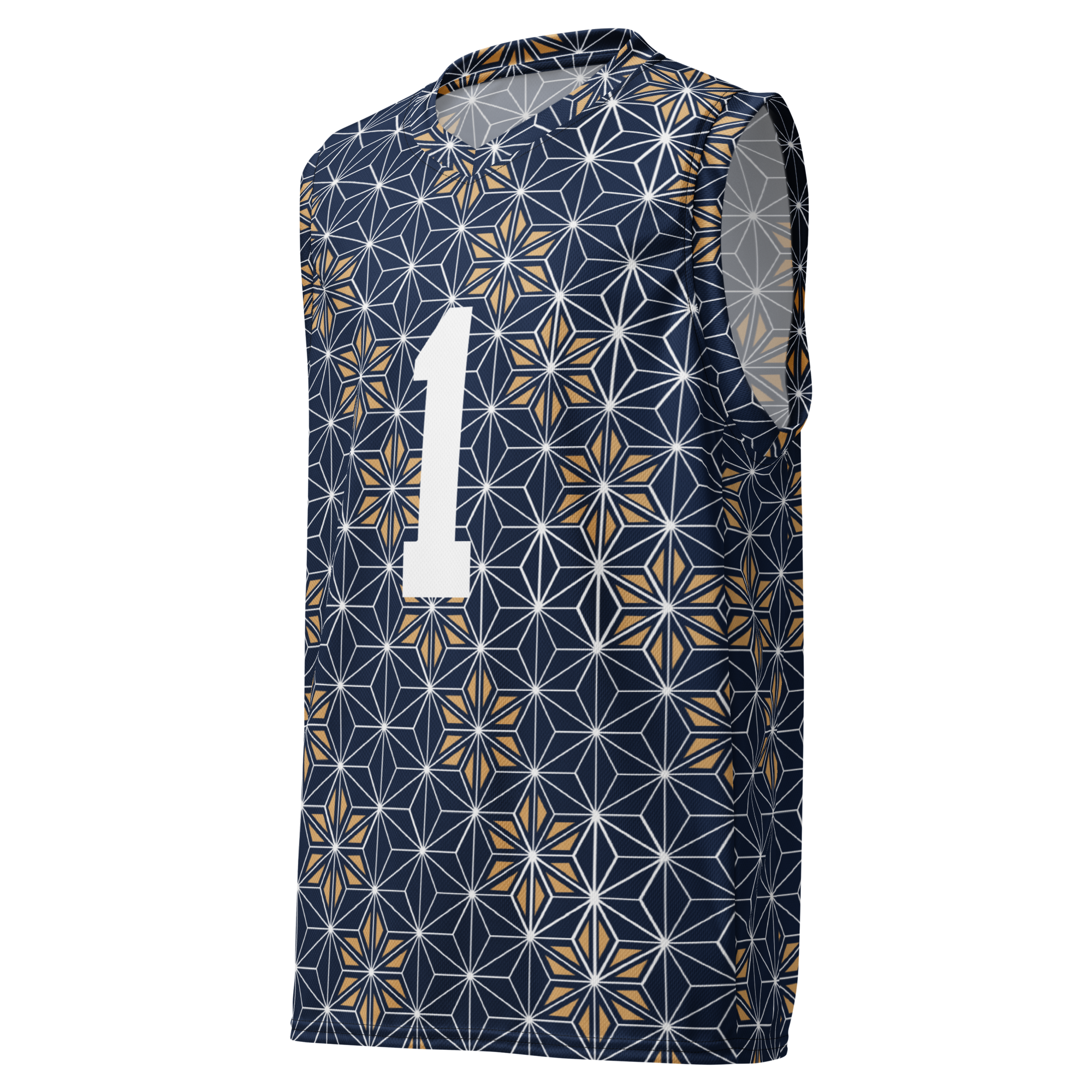





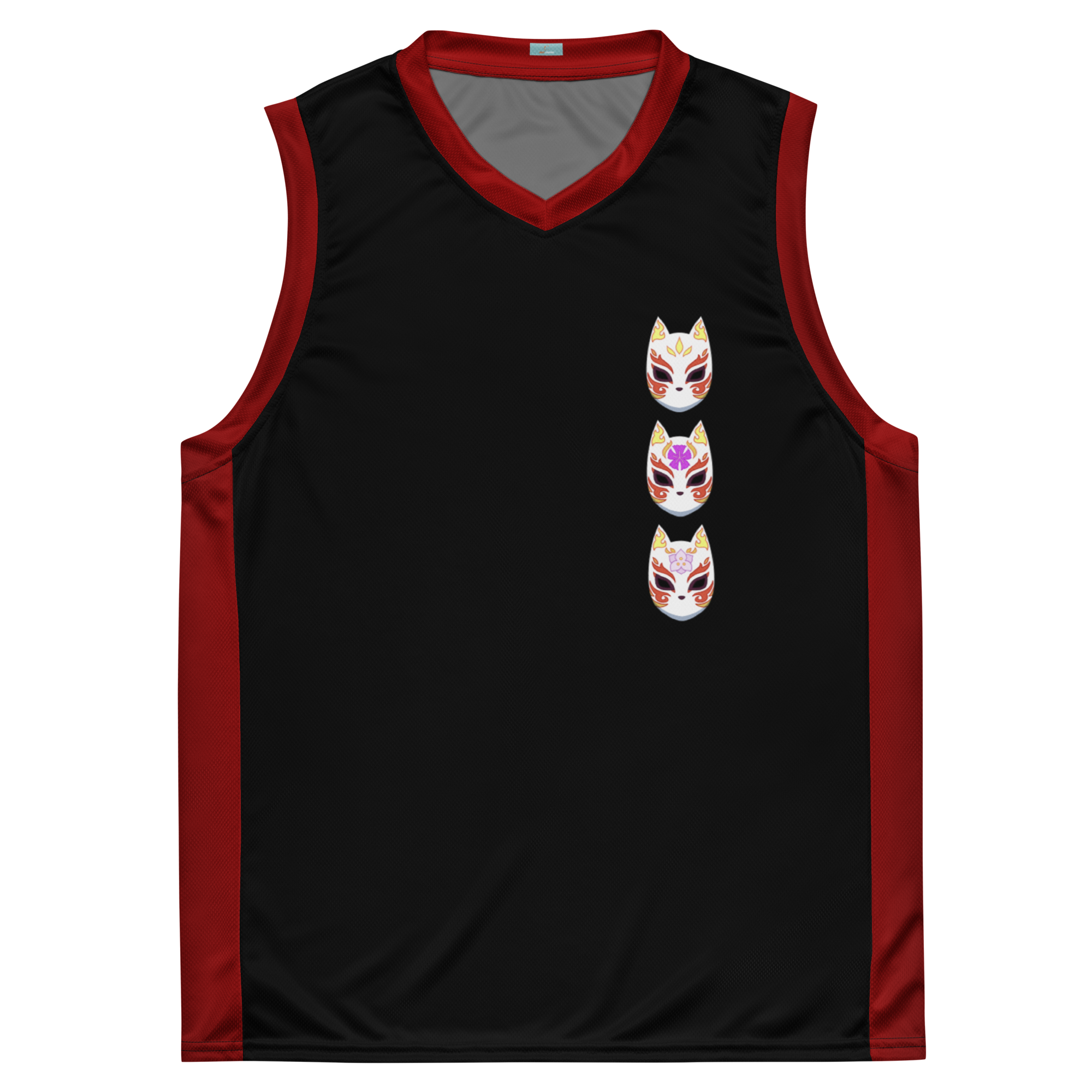






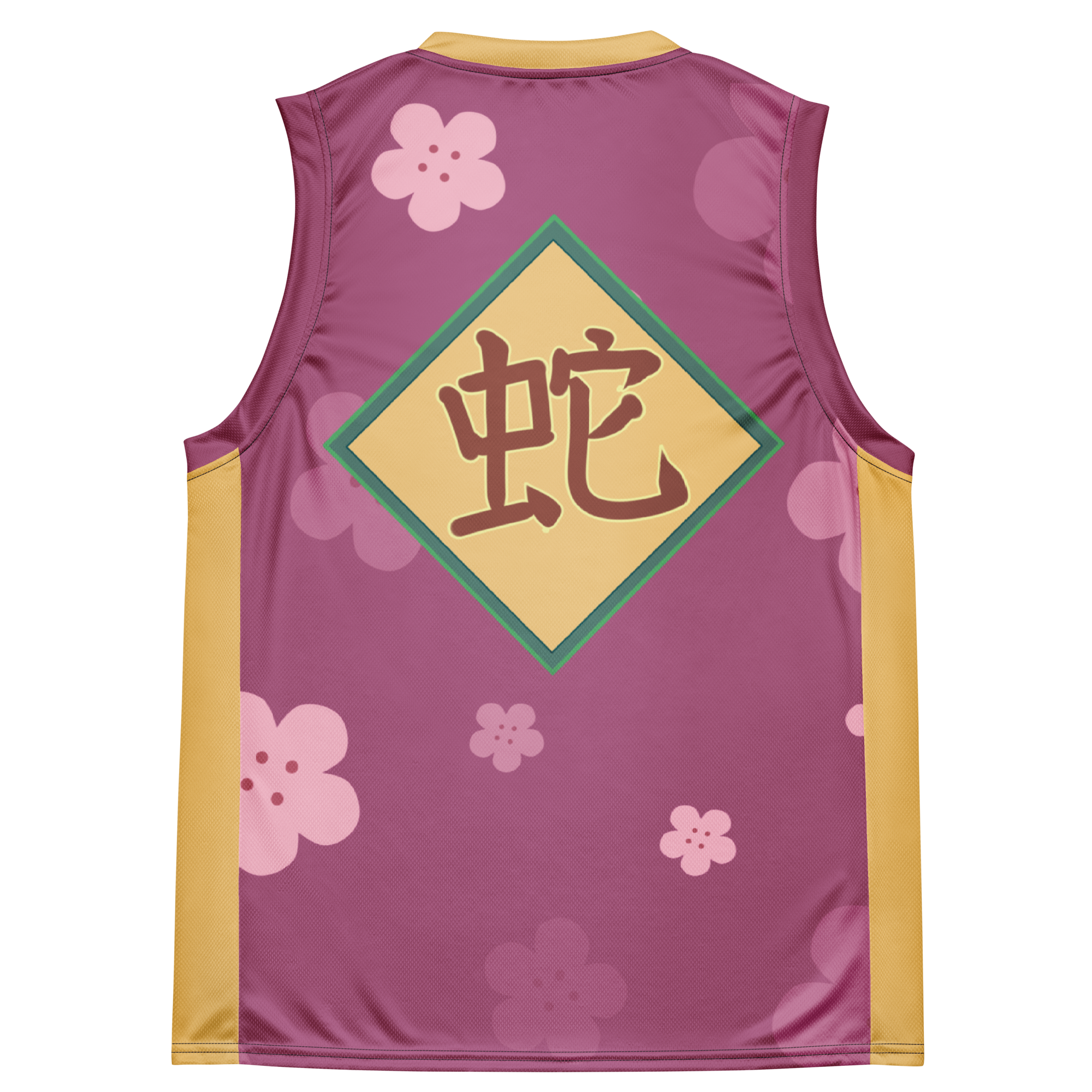

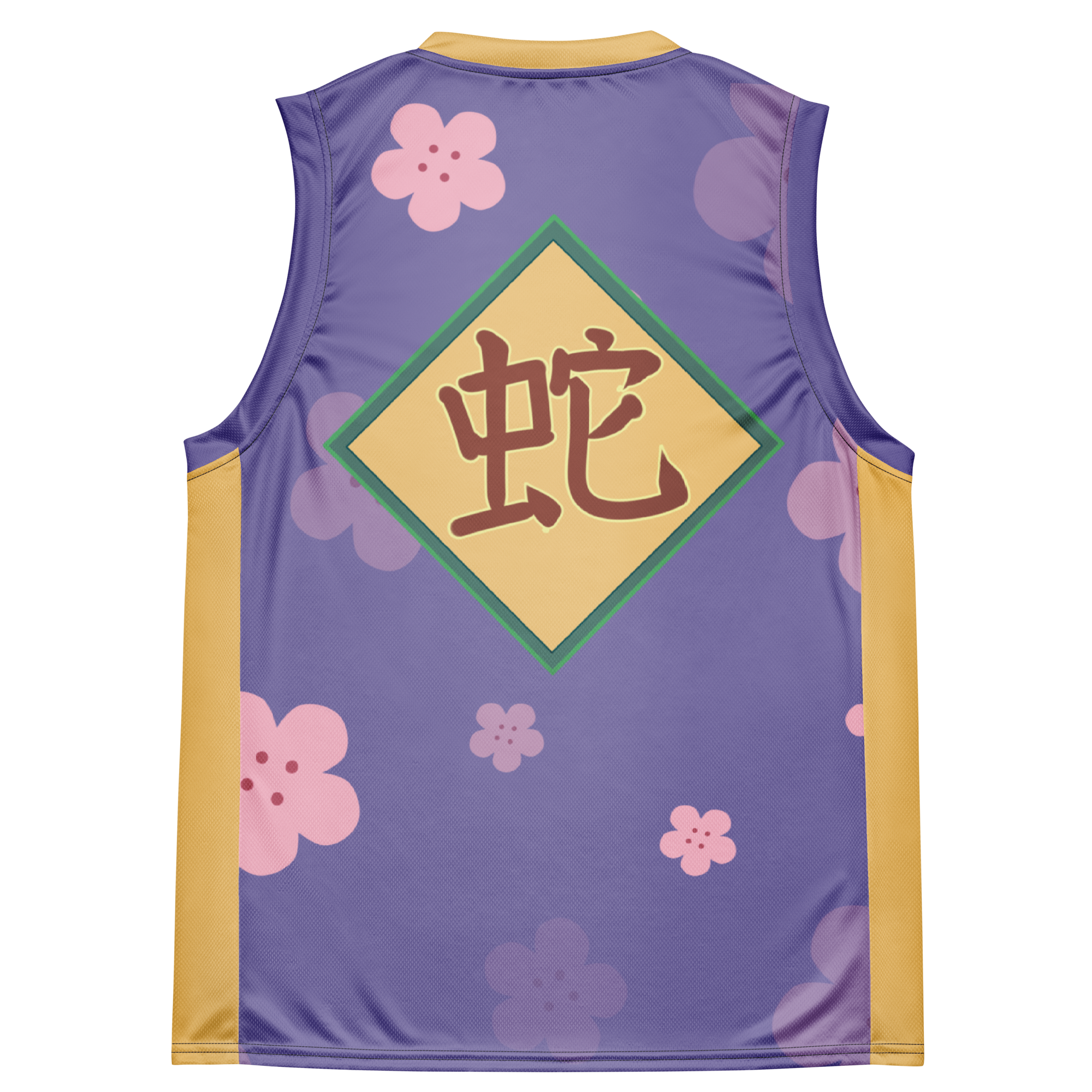











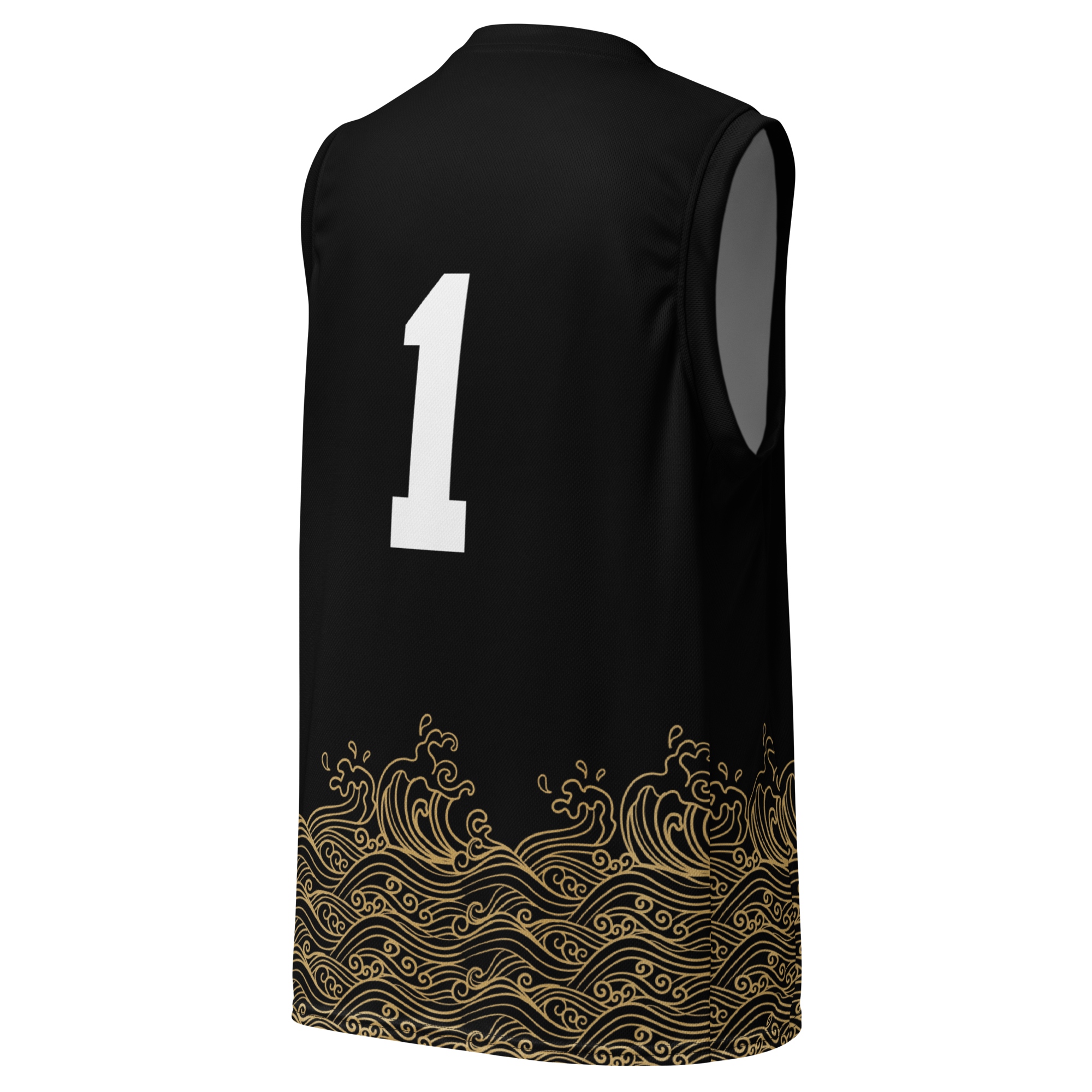
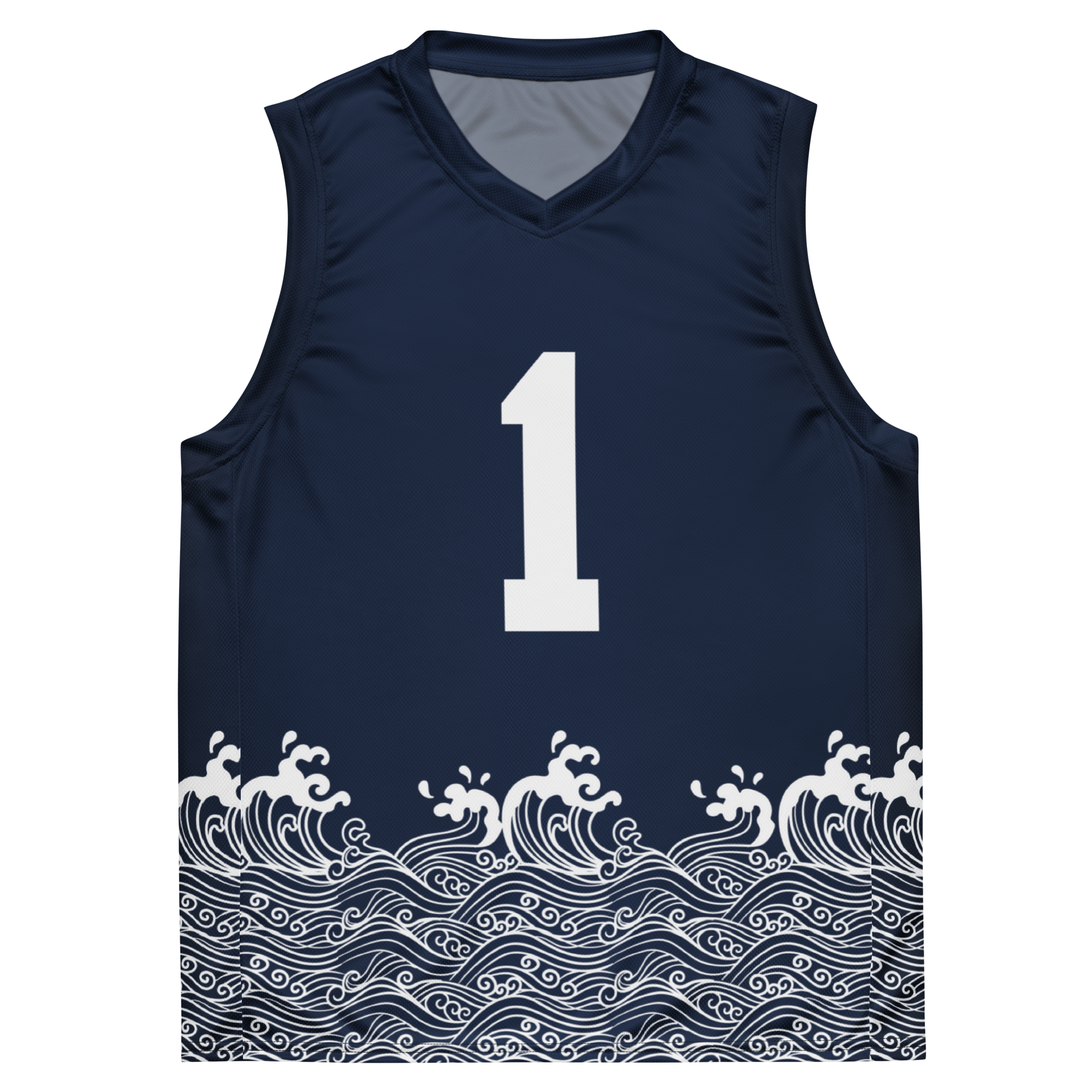
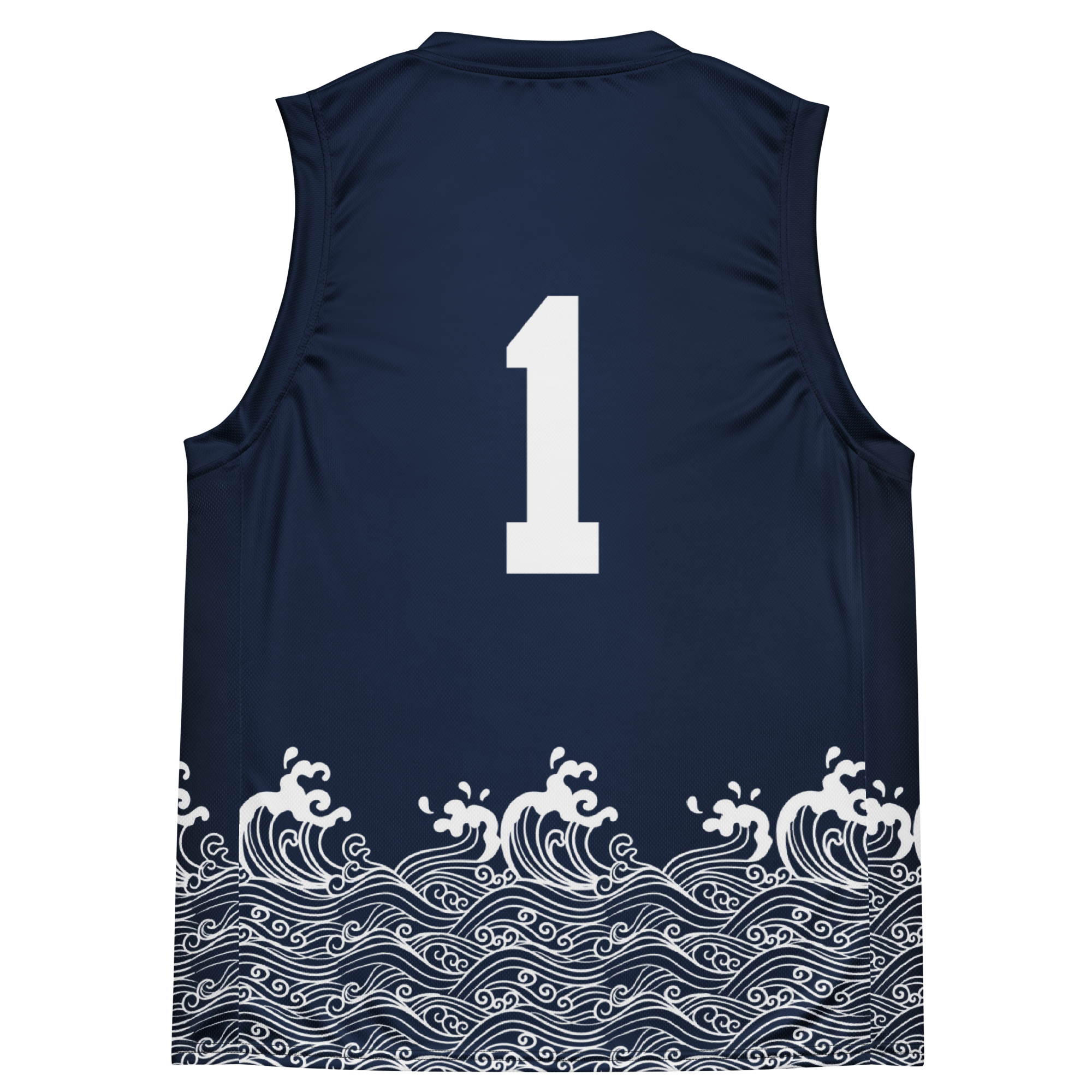


Leave a comment